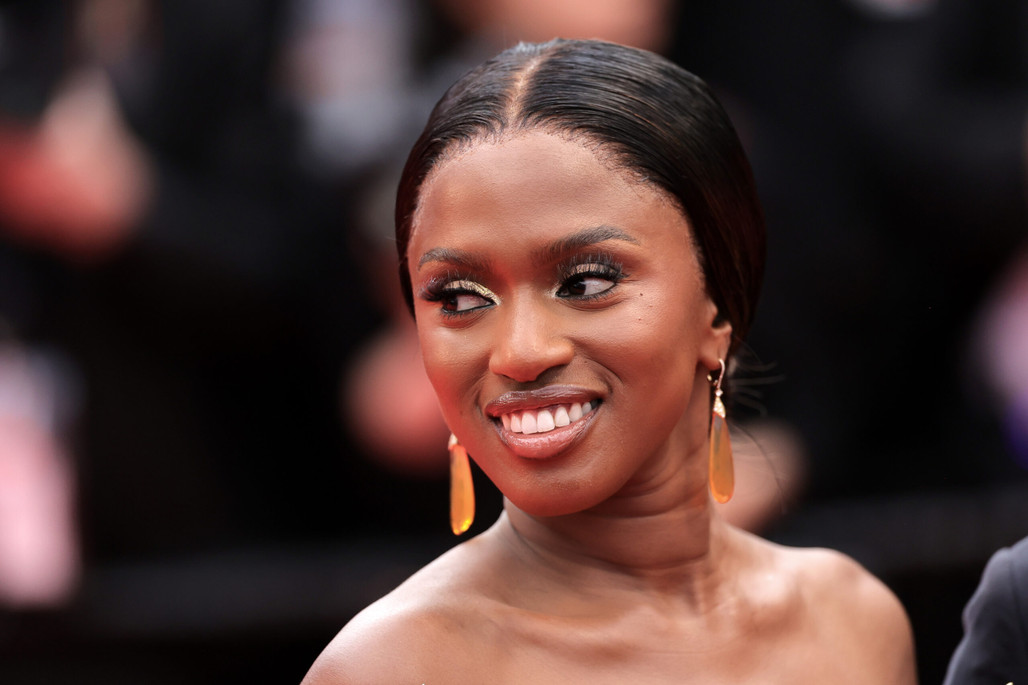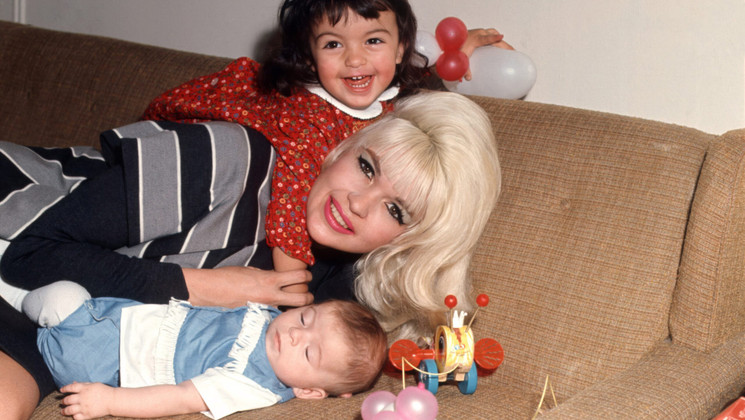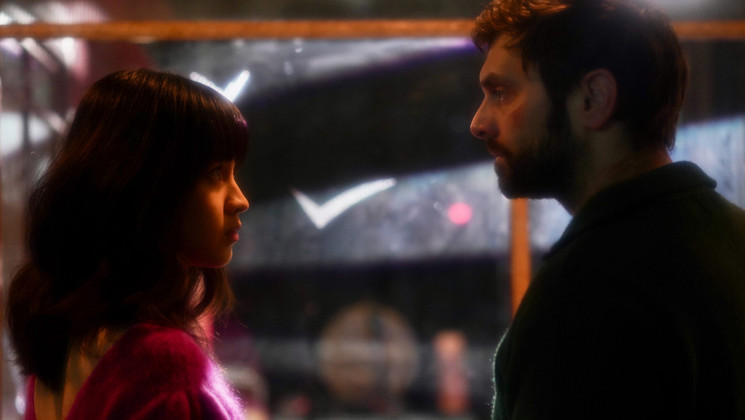
An interview with Maïmouna Doucouré, member of the Un Certain Regard Jury

To her we owe the sublime Maman(s) – which won the César Award for Best Short Film amongst countless other accolades – and Mignonnes (Cuties), a powerful feature-length film about schoolgirls torn between the religious model imposed on them by their families and their hypersexualised dance practices. Maïmouna Doucouré joins the Un Certain Regard Jury, chaired by Xavier Dolan.
How did you react when you were asked to be a member of the Un Certain Regard Jury?
To tell you the truth, it wasn’t the first time I was asked. The Festival got in touch last year, but it happened to coincide with my due date, so I was both delighted and upset that I couldn’t honour this invitation. I was incredibly touched when they asked again this year. Of course, I said yes straight away and I’m so glad I did!
What particular perspective and sensitivity do you think you bring to the Jury?
I love travelling, being transported by actors who embody their characters so amazingly, by a moving story that looks at the world. I think I’m sensitive to universality. The more intimate and original a story is, the more universal and touching it will be.
You have won numerous awards, including the César Award for Best Short Film for Maman(s) in 2017 and the Alice Guy Award for Mignonnes (Cuties) in 2021. How have these distinctions changed your career?
The fact that these are international awards really matters because that shines a spotlight on my work. I think when your films are watched by a range of audiences all over the world, it’s the best gift you can hope to receive as a director. You obviously make films for the public, so the fact that it is then watched by people who don’t speak the same language, who aren’t from the same country, who don’t have the same culture but are still moved and identify with the characters is extremely precious to me.
What films do you usually find moving?
Films that disrupt me, that make me question the world around me. I love that films take us out of the centre. We can often think we’re at the centre of the universe. But the films which, all of a sudden, place us back amongst other species, in amongst the world rather than at the centre of it, are usually the films I find most moving. They stay with me, they stick themselves somewhere in my mind to keep me wondering and move me again and again even hours, days and months after watching them.
You and other French-Senegalese directors like Alice Diop, Ramata-Toulaye Sy and Mati Diop are offering a female perspective on the African diaspora. What does that bring to mind and why is it important?
A few years ago, someone told me that only 1% of the world’s directors are Black women. I asked myself about this figure: does that mean Black women and girls don’t dare do it or don’t think about doing it? I think existing in the global cinematographic universe is hugely important for a whole new generation who will be able to identify with us. We had very few role models. Obviously, there’s Euzhan Palcy, Ava DuVernay… but it’s changing. Today, so many young Black women tell me they want to be a director. I think it’s the most beautiful collateral damage this career can bring about, so to speak.
Where did your desire to create films come from?
It started very early on when I was a child. Though at the same time, it made me feel strange… I was afraid to talk about it and that I wouldn’t be taken seriously. The few times I dared to, I was looked at as if I wasn’t normal, as if I was crazy and had dreamed far too big. But one day, I took the plunge. From then on, I decided to grab this dream with both hands. Today, I’m unstoppable!
You’re currently working on a film about Josephine Baker. Can you tell us more about that? How does she inspire you?
It’s going to be the first biopic about the legendary Josephine Baker. What an inspiring person! She’s now a permanent fixture in my day-to-day because I’m so immersed in her life. I’m completely fascinated by her, by everything she went through, by the battles she led. Josephine Baker really is an enormous inspiration.


